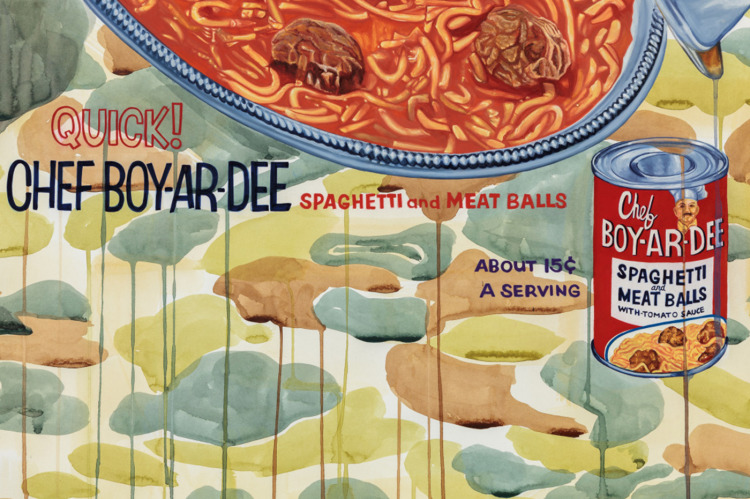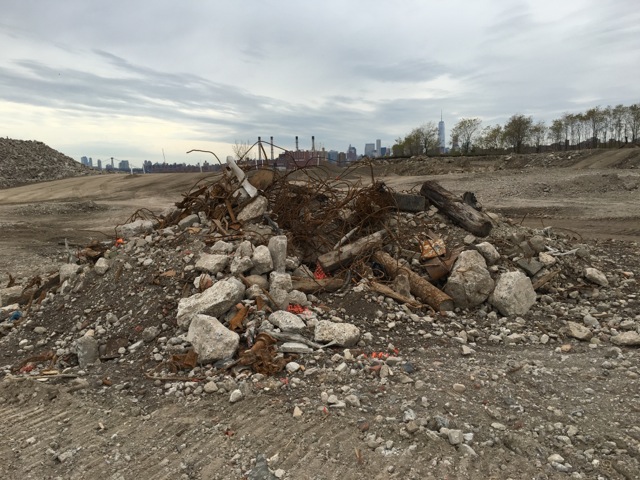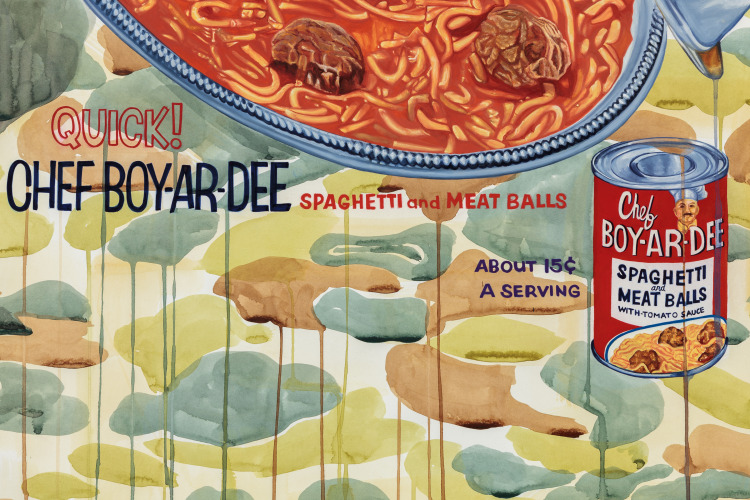Sunday February 28 12:00 – 2:00pm
Radiator Gallery will host a Junk Food Brunch, where curator Amanda McDonald Crowley will give a walk through of our current exhibition food nostalgia, and talk about the underlying themes of the exhibition. Exhibiting artists Cey Adams, and Katherine Behar will also talk about influences and inspirations in their work in the exhibition.
In addition to serving up delectable and surprising nostalgic packaged foods Amanda, and artist Stefani
Bardin, will be serving deliciously reverse engineered versions of Gatorade and Gummy Bears.
Come expected to have your taste buds tickled by a range of nostalgic taste sensations, and stay for the
conversation. And please feel free to bring along your favorite versions of Junk Food, from around the world.
Food Nostalgia is an exhibition of works exploring food in contemporary America through a lens of fast food iconography and industrial food production. The exhibition runs at Radiator Gallery through March 13.
Amanda McDonald Crowley is a curator and cultural worker who creates new media and contemporary art exhibitions, events, and programs that encourage cross-disciplinary practice, collaboration and exchange. One of her key current curatorial research topics explores the intersection of art, food and technology, ArtTechFood.
Cey Adams‘ dismantles contemporary cultural imagery to build multiple layers of color, texture, shadow, and light. From his roots in the NYC graffiti movement and hip hop culture, his artwork draws inspiration from 60’s pop art, sign painting, comic books, and popular culture; he focuses on themes including race and gender relations, pop culture, and community issues.
Katherine Behar‘s videos, performances, and interactive installations explore issues in contemporary digital culture. Disorientalism (whose work is included in the exhibition), is an artistic collaboration between Katherine and Marianne M. Kim, in which the duo study the disorienting effects of technologized labor, junk culture, and consumerism. Disorientalism explores how these forces mediate race, gender, and bodies. In character, the Disorientals expose our hapless submersion in junk culture, and our failed attempts to rationalize it by mistakenly resorting to industriousness and work.
Stefani Bardin explores the influences of corporate culture and industrial food production on our food system and the environment. She works with neuroscientists, biologists and gastroenterologists to ground her research in the scientific world.
Images:




